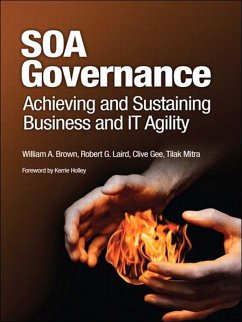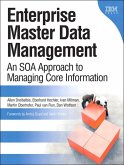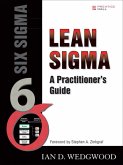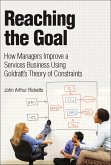Inadequate governance might be the most widespread root cause of SOA failure. In SOA Governance, a team of IBM's leading SOA governance experts share hard-won best practices for governing IT in any service-oriented environment.
The authors begin by introducing a comprehensive SOA governance model that has worked in the field. They define what must be governed, identify key stakeholders, and review the relationship of SOA governance to existing governance bodies as well as governance frameworks like COBIT. Next, they walk you through SOA governance assessment and planning, identifying and fixing gaps, setting goals and objectives, and establishing workable roadmaps and governance deliverables. Finally, the authors detail the build-out of the SOA governance model with a case study.
The authors illuminate the unique issues associated with applying IT governance to a services model, including the challenges of compliance auditing when service behavior is inherently unpredictable. They also show why services governance requires a more organizational, business-centric focus than "conventional" IT governance.
Coverage includes
- Understanding the problems SOA governance needs to solve
- Establishing and governing service production lines that automate SOA development activities
- Identifying reusable elements of your existing IT governance model and prioritizing improvements
- Establishing SOA authority chains, roles, responsibilities, policies, standards, mechanisms, procedures, and metrics
- Implementing service versioning and granularity
- Refining SOA governance frameworks to maintain their vitality as business and IT strategies change
Introduction: A Services Approach
Chapter 1: Introduction to Governance
Chapter 2: SOA Governance Assessment and Planning
Chapter 3: Building the Service Factory
Chapter 4: Governing the Service Factory
Chapter 5: Implementing the SOA Governance Model
Chapter 6: Managing the Service Lifecycle
Chapter 7: Governance Vitality
Chapter 8: SOA Governance Case Study
Appendix A: Glossary
Appendix B: References
Index
Dieser Download kann aus rechtlichen Gründen nur mit Rechnungsadresse in A, B, BG, CY, CZ, D, DK, EW, E, FIN, F, GR, HR, H, IRL, I, LT, L, LR, M, NL, PL, P, R, S, SLO, SK ausgeliefert werden.









